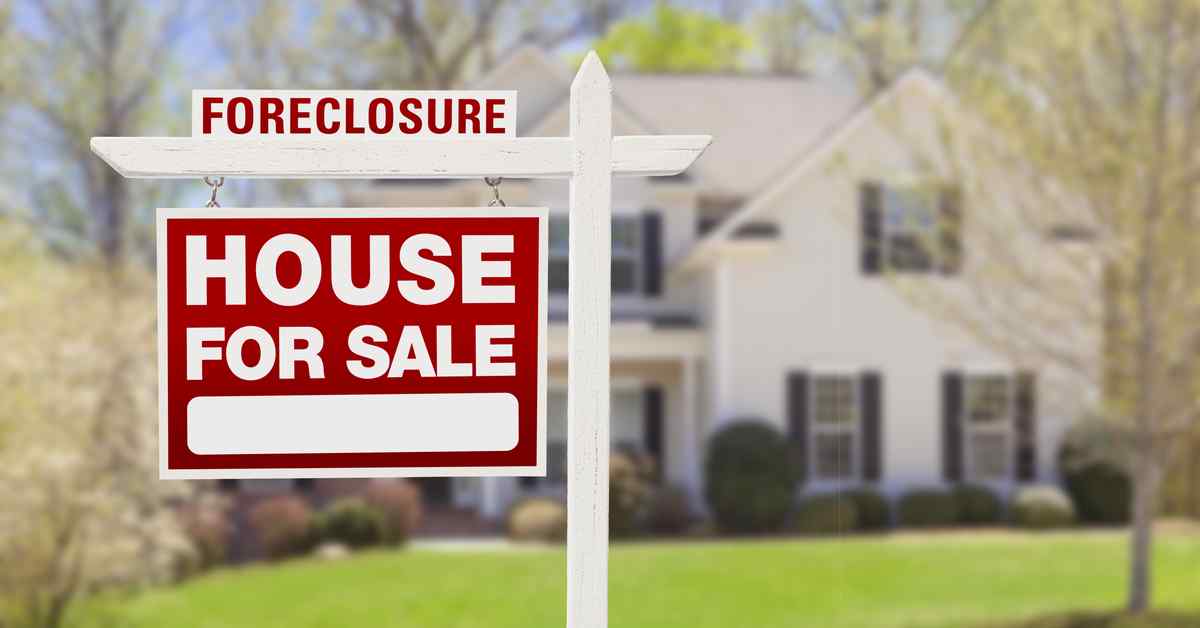Foreclosure is a legal process that occurs when a borrower fails to make mortgage payments as agreed upon in the loan agreement. This process allows the lender to seize and sell the property in order to recover the unpaid loan amount. Understanding the foreclosure process is crucial for both borrowers and lenders involved. In the United States, the foreclosure process can vary depending on state laws and the terms of the mortgage contract. Below, we outline the general steps involved in the foreclosure process in the USA.
1. Missed Payments
The foreclosure process typically begins when the borrower fails to make mortgage payments as scheduled. After a certain number of missed payments, the lender may issue a notice of default, informing the borrower that they are in violation of the terms of the mortgage agreement.
2. Pre-foreclosure Period
Once the notice of default is issued, the property enters a pre-foreclosure period during which the borrower may have the opportunity to bring the loan current by paying the overdue amount, including any fees and penalties. During this time, the borrower may also try to negotiate with the lender to modify the terms of the loan or explore other options to avoid foreclosure.
3. Foreclosure Proceedings
If the borrower is unable to resolve the default during the pre-foreclosure period, the lender may initiate foreclosure proceedings by filing a lawsuit against the borrower. The specific procedures and timeline for foreclosure vary depending on state laws and whether the foreclosure is judicial or non-judicial.
4. Judicial Foreclosure
In states where judicial foreclosure is required, the lender must file a lawsuit in court seeking permission to foreclose on the property. The borrower will receive a summons and have the opportunity to respond to the lawsuit. If the court grants the foreclosure judgment, the property will be sold at a public auction to the highest bidder.
5. Non-Judicial Foreclosure
In states where non-judicial foreclosure is permitted, the lender can foreclose on the property without court involvement as long as the mortgage contract includes a power of sale clause. The lender must follow specific procedures outlined in state law, including providing notice to the borrower and publishing information about the foreclosure sale.
6. Foreclosure Sale
Regardless of whether the foreclosure is judicial or non-judicial, the property will be sold at a public auction to the highest bidder. The proceeds from the sale are used to pay off the outstanding mortgage debt, as well as any other liens or encumbrances on the property. If the sale proceeds are insufficient to cover the debt, the borrower may still be responsible for the remaining balance, depending on state laws.
7. Post-Foreclosure Period
After the foreclosure sale, the new owner of the property takes possession, and the former owner must vacate the premises. In some cases, the former owner may have a period of time to redeem the property by paying off the outstanding debt, but this varies by state. If the property is not redeemed, the new owner can take full ownership and possession of the property.
Frequently Asked Questions (FAQs)
Q: Can I stop the foreclosure process once it has started? A: Yes, in some cases, borrowers may be able to stop or delay foreclosure proceedings by working with their lender to negotiate a loan modification, repayment plan, or other alternatives to foreclosure.
Q: Will I lose my home immediately if I receive a notice of default? A: No, receiving a notice of default does not mean you will lose your home immediately. It is the first step in the foreclosure process, and you may have options to bring the loan current or negotiate with your lender to avoid foreclosure.
Q: How long does the foreclosure process take? A: The timeline for foreclosure can vary depending on state laws, the specific circumstances of the case, and whether the foreclosure is judicial or non-judicial. In some cases, foreclosure proceedings can take several months or even years to complete.
Q: What happens to any equity I have in my home if it is foreclosed? A: Any equity you have in your home will be used to repay the outstanding mortgage debt and other liens or encumbrances on the property. If there is any equity remaining after the sale, it may be distributed to you, depending on state laws and the specific circumstances of the foreclosure.
Q: Can I buy my home back after it has been foreclosed? A: In some states, you may have the opportunity to buy back your home after foreclosure through a process called redemption. However, the availability of redemption rights and the redemption period vary by state, so it is important to consult with a legal professional for guidance.
Understanding the foreclosure process and knowing your rights and options is essential if you are facing financial difficulties or are at risk of foreclosure. It is advisable to seek assistance from a qualified legal professional or housing counselor who can provide guidance and help you navigate the foreclosure process effectively.


